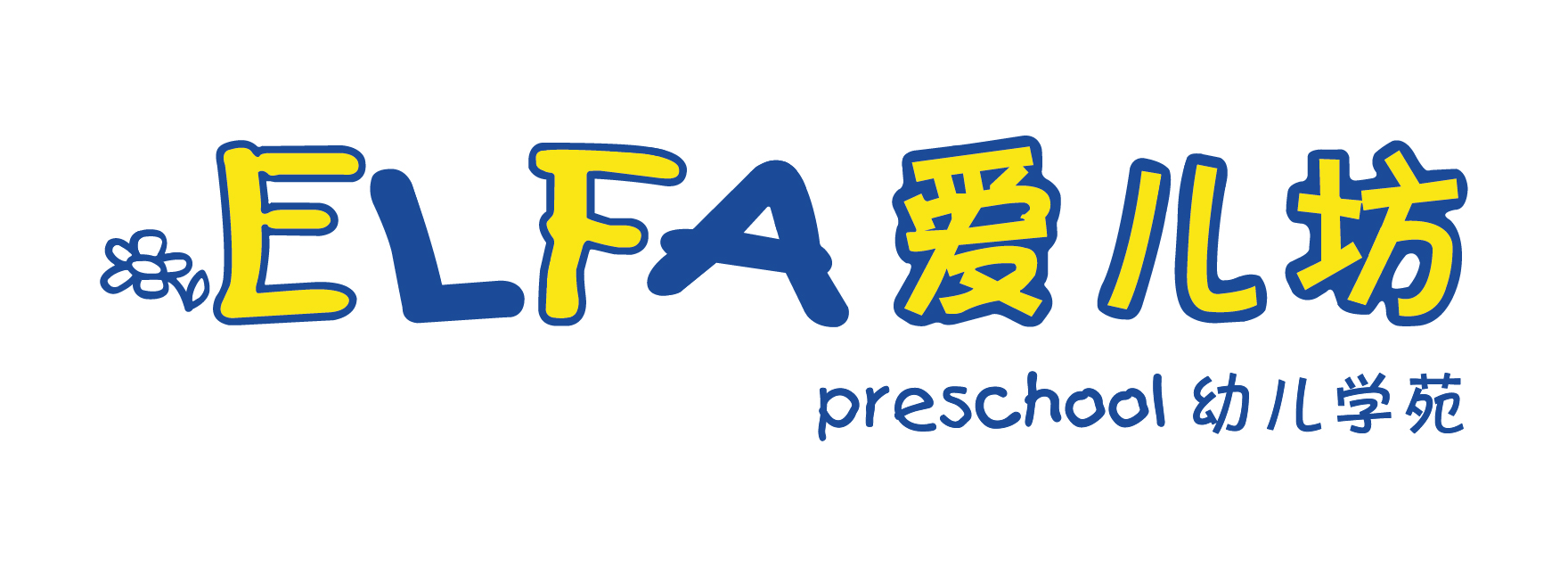As the holiday season approaches, many families are planning vacations. While trips are an exciting way to unwind, they also offer invaluable learning opportunities for young children. Traveling provides more than just a break from routine—it expands your child’s world, helping them develop life skills that will stay with them for years to come.
From fostering independence and social skills to sparking curiosity and a love for exploration, travel offers your child a unique chance to learn outside the classroom. In this guide, we will explore how travel can enrich your child’s development and help make every trip a meaningful adventure.
Engaging Destinations for Preschoolers: Where Fun Meets Learning
Choosing the right destination is key to making travel an educational experience. Look for places that balance fun and learning—ensuring that your child remains engaged while gaining valuable knowledge. Here are a few top choices:
Farms and Nature Reserves: These offer a hands-on approach to learning. From feeding animals to observing plant life, children can connect with nature while learning where food comes from and how ecosystems function.
Museums and Science Centres: These spaces are designed to encourage exploration through interactive exhibits. Whether your child is building a rocket or creating art, they will gain insights into science, history, and creativity in a playful, immersive environment.
Zoos and Aquariums: Animals captivate children’s attention naturally. At zoos and aquariums, they will not only observe creatures they have never seen before but also learn about different species, habitats, and the importance of conservation.
Once you have selected your destination, the next step is to prepare your child for the adventure ahead, maximising the educational potential of the trip.
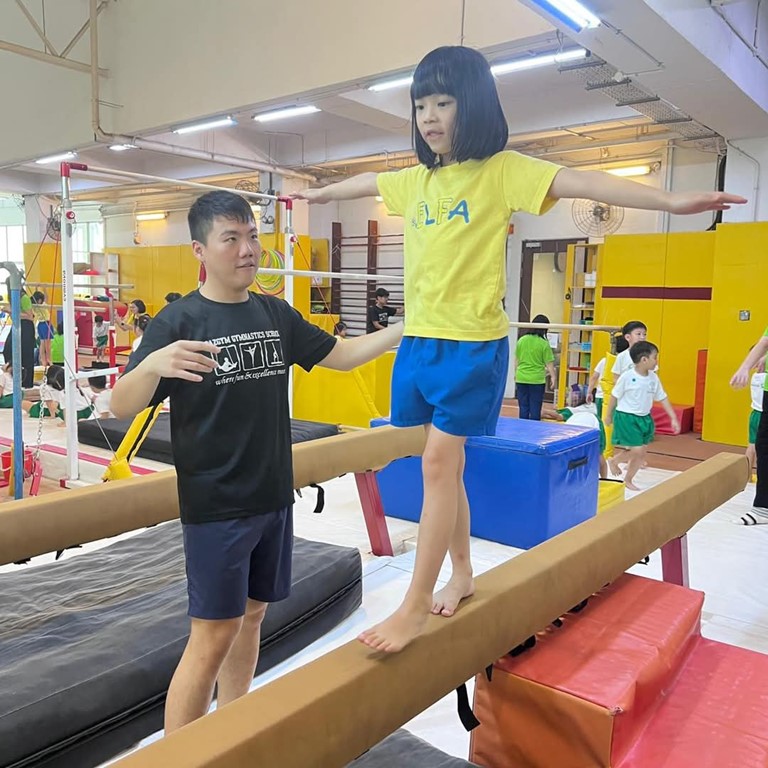
Children at ELFA are learning all about balance and coordination at BazGym Gymnastics School
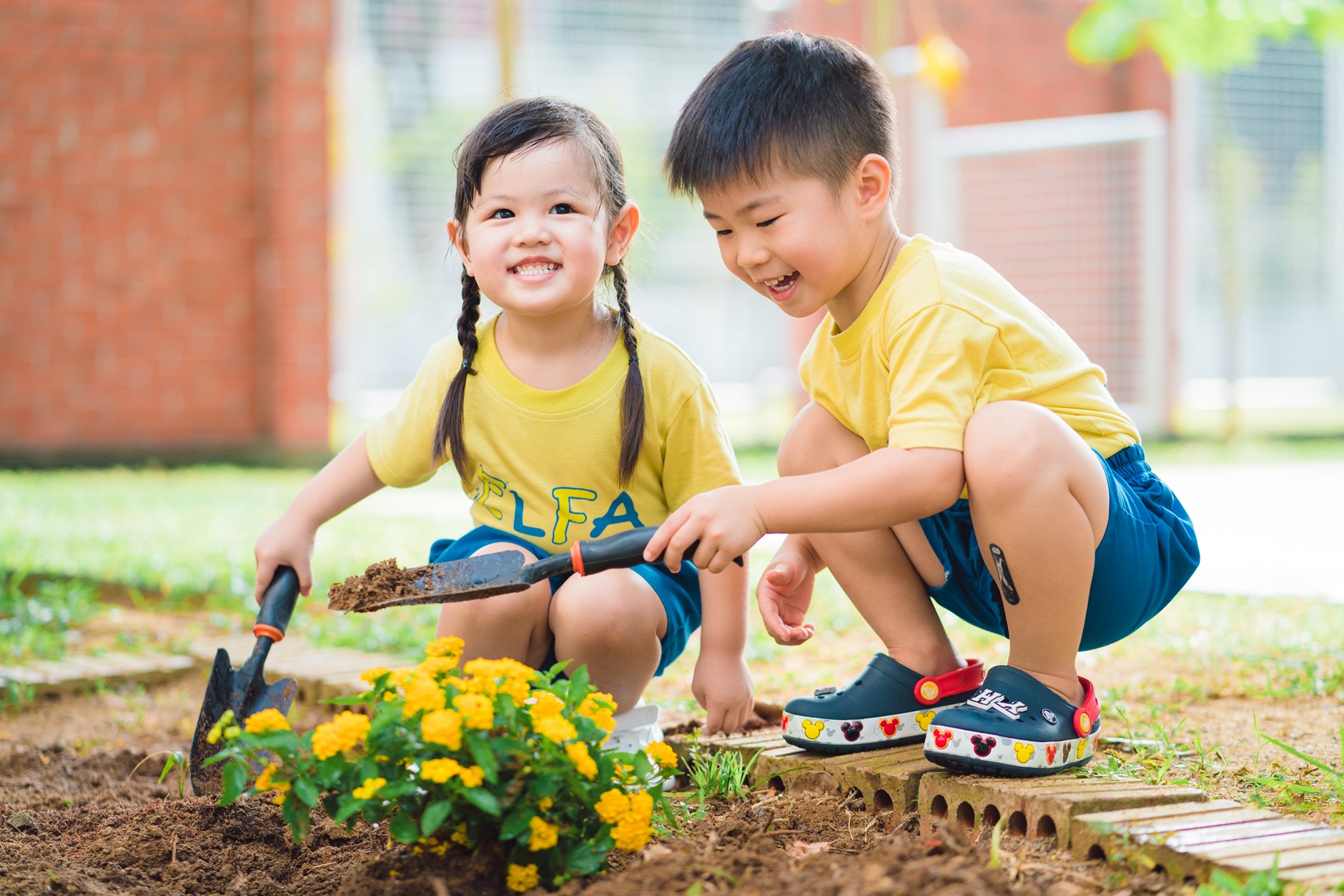
ELFA young explorers learning about gardening and nature firsthand
Preparing for the Journey: Simple, Fun Learning Experiences
Traveling with young children can sometimes feel overwhelming, but it does not have to be. With the right preparation, your trip can be both fun and educational, allowing your child to learn while you enjoy the experience together.
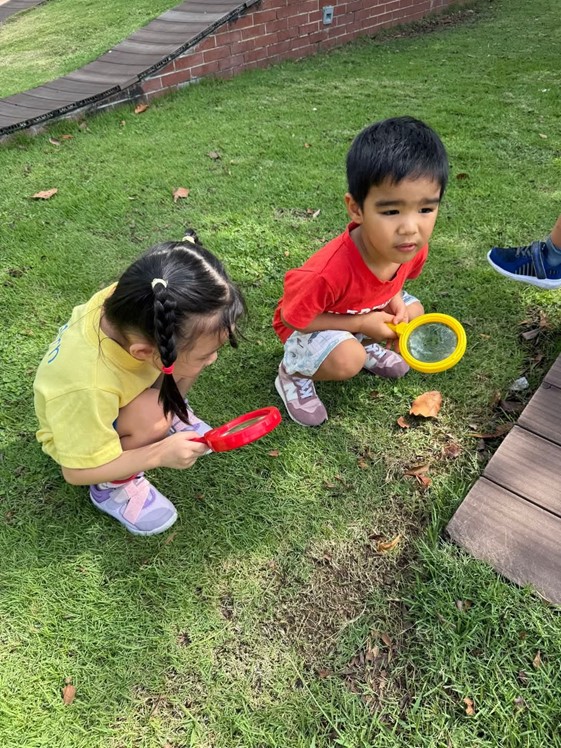
Children are having fun outdoors while embarking on an exciting ‘ant hunt’
Before You Leave: Setting the Stage for Learning
Introduce the Destination: Get your child excited about where you are going by introducing them to the place beforehand. Use picture books, videos, or fun facts about the destination’s landmarks, animals, or culture to help build a sense of connection before you arrive. Upon stirring their curiosity, ask if there would be any itinerary that would interest them to explore further to help pin focus on the trip.
Pack Together: Packing can be a learning experience too. Encourage your child to help select items, explaining why certain things—like sunscreen or a jacket—are essential. This not only fosters responsibility but also helps develop decision-making skills.

Packing luggage together as a fun family bonding activity
Learning Along the Way: Making Every Moment Count
Every moment of your trip offers opportunities for learning. Whether it is in the car or via public transport, you can turn travel experiences into teachable moments.
Cultural Immersion: Encourage your child to dive into new cultures. Have them try local foods, learn a few words of the local language, or participate in cultural activities. This not only teaches them about diversity but also helps broaden their worldview and develop empathy.
Life Skills in Action: Travel often involves problem-solving, patience, and adaptability. Use these real-world experiences to teach your child important life skills. Whether it is navigating an airport or waiting in line, these moments offer valuable lessons in resilience and adaptability. Get your child involve in part of the problem solving like navigating the map or purchasing transport tickets.
Encourage Curiosity: Let your child’s natural curiosity take the lead. If they are fascinated by something—a unique tradition, an unfamiliar animal, or a landmark—take the time to explore it with them. These spontaneous learning moments are often the most impactful.
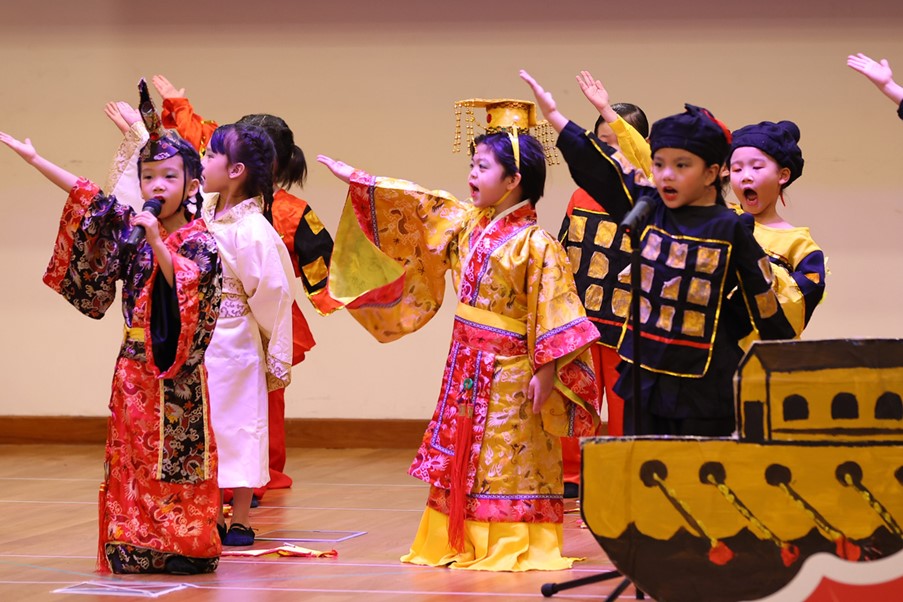
Chinese Cultural Experience during Chinese Speech and Drama class at ELFA
Travel as a Tool for Self-Discovery
In addition to learning about the world, travel also offers children the chance to discover more about themselves. New challenges and experiences can help them better understand their strengths, preferences, and abilities.
Building Confidence: Trying something new—whether it is tasting a different food or tackling a fear—helps children build confidence. As they succeed in unfamiliar environments, they gain a sense of accomplishment that boosts their self-esteem.
Strengthening Family Bonds: Traveling together as a family creates shared experiences that strengthen relationships. Whether you are discovering new places or overcoming travel challenges, these moments bring families closer and create lasting memories.
Fostering Independence: Allow your child to make small decisions during the trip, like choosing what to eat or selecting an activity. These moments help them practice decision-making and foster a sense of independence.

Cherished Moments with family trip
Final Thoughts: Making Travel Meaningful
Travel is more than just a getaway—it is an opportunity for learning and growth that can last a lifetime. By choosing engaging destinations and incorporating teachable moments along the way, you can make every trip both fun and educational for your child.
With a little creativity and flexibility, each journey can become an adventure filled with opportunities for exploration, learning, and family bonding.
For parents looking for structured ways to combine learning with fun, ELFA’s Holiday Programme is a great option. With a mix of outdoor and indoor activities designed to help children learn beyond the classroom, this programme provides hands-on experiences in nature, creative arts, and cultural exploration, ensuring that learning continues through play even during vacation time.
- Speak to our Centre Leaders to find out more!
